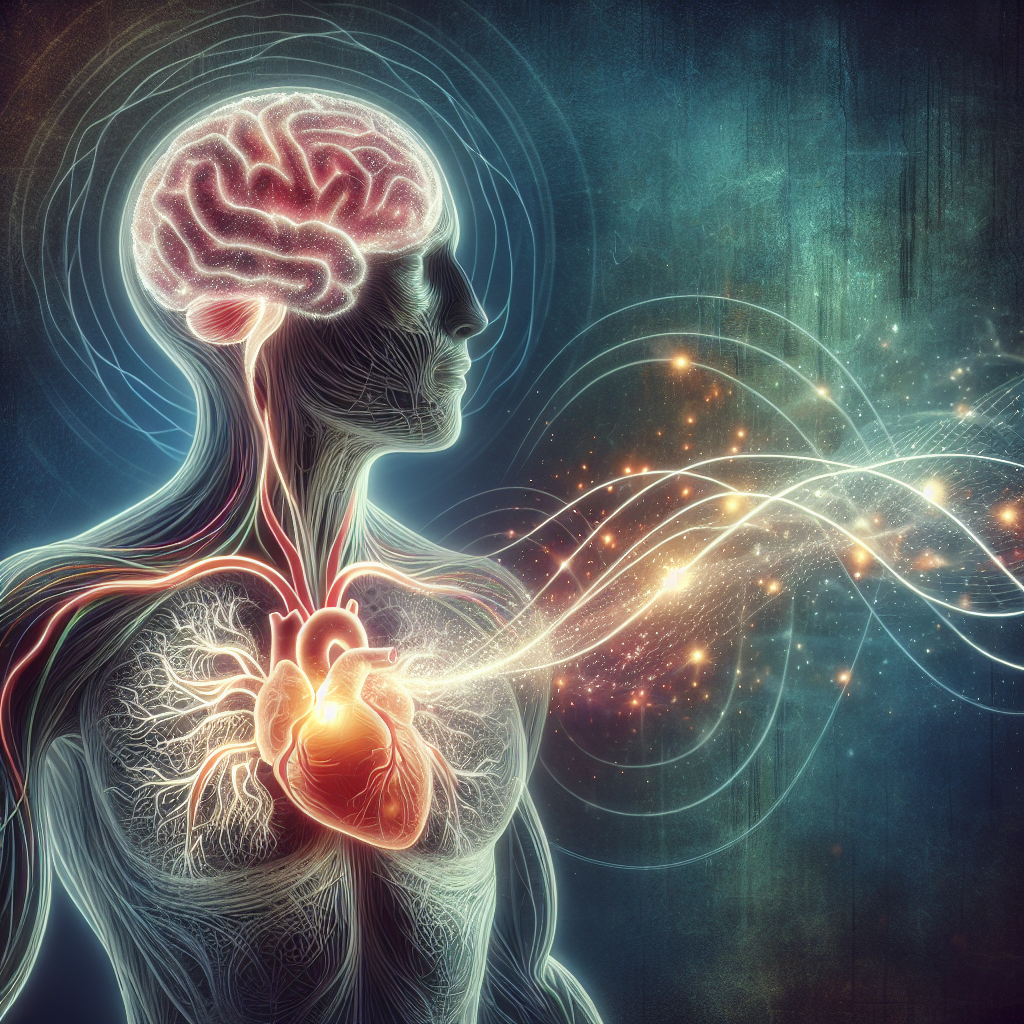The mind-body connection is a powerful force that has long been recognized in the field of medicine. The link between emotions and physical health is a complex and intricate relationship that can greatly impact an individual’s overall well-being. Psychosomatic disorders are conditions in which psychological factors such as stress, anxiety, and depression manifest as physical symptoms. Understanding this link is essential for promoting overall health and addressing the root causes of illness.
Psychosomatic disorders are not imaginary or “all in the head.” They are real physical conditions that are influenced by emotional and psychological factors. These disorders can affect any part of the body and can range from mild to severe. Some common examples of psychosomatic disorders include irritable bowel syndrome, tension headaches, and chronic pain conditions.
The underlying cause of psychosomatic disorders is often related to the body’s stress response system. When a person experiences emotional distress, the body releases stress hormones such as cortisol and adrenaline. These hormones can have a profound impact on the body’s physical functions, leading to symptoms such as increased heart rate, muscle tension, and digestive disturbances.
One of the key ways in which emotions can impact physical health is through the immune system. Chronic stress and negative emotions can weaken the immune system, making individuals more susceptible to infections and illnesses. In addition, stress can also exacerbate existing health conditions such as asthma, diabetes, and cardiovascular disease.
Psychosomatic disorders can also have a significant impact on mental health. When individuals experience physical symptoms without a clear medical explanation, they may feel frustrated, anxious, and helpless. This can lead to a vicious cycle of symptoms and emotional distress, further exacerbating the problem.
There are several ways in which individuals can address the link between emotions and physical health. One of the most important steps is to develop healthy coping mechanisms for stress and emotional distress. This may include practicing relaxation techniques such as deep breathing, meditation, and yoga, as well as engaging in regular physical exercise.
Therapy can also be a helpful tool for individuals struggling with psychosomatic disorders. Cognitive-behavioral therapy (CBT) is a type of therapy that focuses on changing negative thought patterns and behaviors that contribute to physical symptoms. By addressing underlying psychological factors, individuals can learn to manage their emotions more effectively and reduce the impact of stress on their physical health.
In some cases, medication may be prescribed to help manage symptoms of psychosomatic disorders. However, it is important for individuals to work closely with their healthcare provider to determine the most appropriate treatment plan for their specific needs.
Understanding the link between emotions and physical health is crucial for promoting overall well-being. By addressing the root causes of psychosomatic disorders, individuals can improve their quality of life and reduce the impact of stress on their health. With proper support and intervention, individuals can learn to manage their emotions more effectively and improve their overall health and well-being.
FAQs
Q: Are psychosomatic disorders real?
A: Yes, psychosomatic disorders are real physical conditions that are influenced by emotional and psychological factors.
Q: Can psychosomatic disorders be treated?
A: Yes, psychosomatic disorders can be treated through a combination of therapy, medication, and healthy coping mechanisms for stress.
Q: How can I manage my emotions to improve my physical health?
A: Developing healthy coping mechanisms for stress and emotional distress, such as relaxation techniques and therapy, can help improve your physical health.
Q: Can medication help with psychosomatic disorders?
A: In some cases, medication may be prescribed to help manage symptoms of psychosomatic disorders. It is important to work closely with your healthcare provider to determine the most appropriate treatment plan for your specific needs.
Q: Is there a cure for psychosomatic disorders?
A: While there may not be a cure for psychosomatic disorders, individuals can learn to manage their symptoms and improve their overall well-being through proper support and intervention.




Leave A Comment